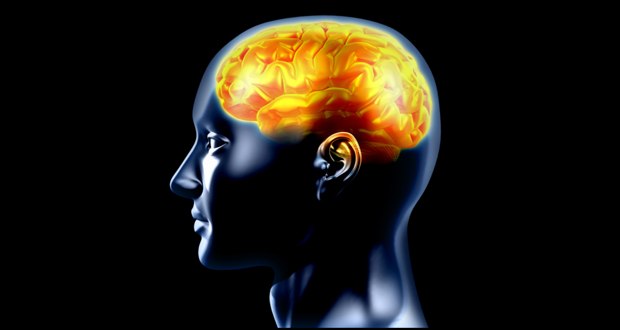 Do you often wonder why you end up feeling disappointed? Well, don’t blame those around you; it’s your brain signalling that leads to disappointment, says a new study. Scientists revealed that disappointment is signalled by two neurotransmitters (glutamate and gamma-aminobutyric acid -GABA) that are released simultaneously. The ratio in which these neurotransmitters are released determines whether one feels let down or downhearted, according to researchers.
Do you often wonder why you end up feeling disappointed? Well, don’t blame those around you; it’s your brain signalling that leads to disappointment, says a new study. Scientists revealed that disappointment is signalled by two neurotransmitters (glutamate and gamma-aminobutyric acid -GABA) that are released simultaneously. The ratio in which these neurotransmitters are released determines whether one feels let down or downhearted, according to researchers.
When these two neurotransmitter are released together in a rare event, the feeling is signalled. As of now, researchers knew only two other situations in which the brain uses a simultaneous combination of excitatory and inhibitory neurotransmitters, and neither of those situations involves mood, ‘LiveScience’ reported. In the new study, a team of scientists led by Dr Roberto Malinow, a professor of neurobiology at the University of California, San Diego School of Medicine, found that two well-known neurotransmitters – glutamate and GABA, which is short for gamma-aminobutyric acid – are released simultaneously by neurons in a small region of the brain called the lateral habenula to signal the emotion of disappointment.
‘Our study suggests that one of the ways in which serotonin alleviates depression is by rebalancing the brain’s processing of negative life events through the balance of glutamate and GABA in the habenula,’ Shabel said. ‘We may now have a precise neurochemical explanation for why antidepressants make some people more resilient to negative experiences,’ he said. Focusing on how to manipulate this newly discovered mechanism of competing neurotransmitters might be a promising avenue that leads to the discovery of a new generation of antidepressants, the researchers said. The study was published in the journal Science.
Source: PTI
Photo source: Getty images




















No Comments